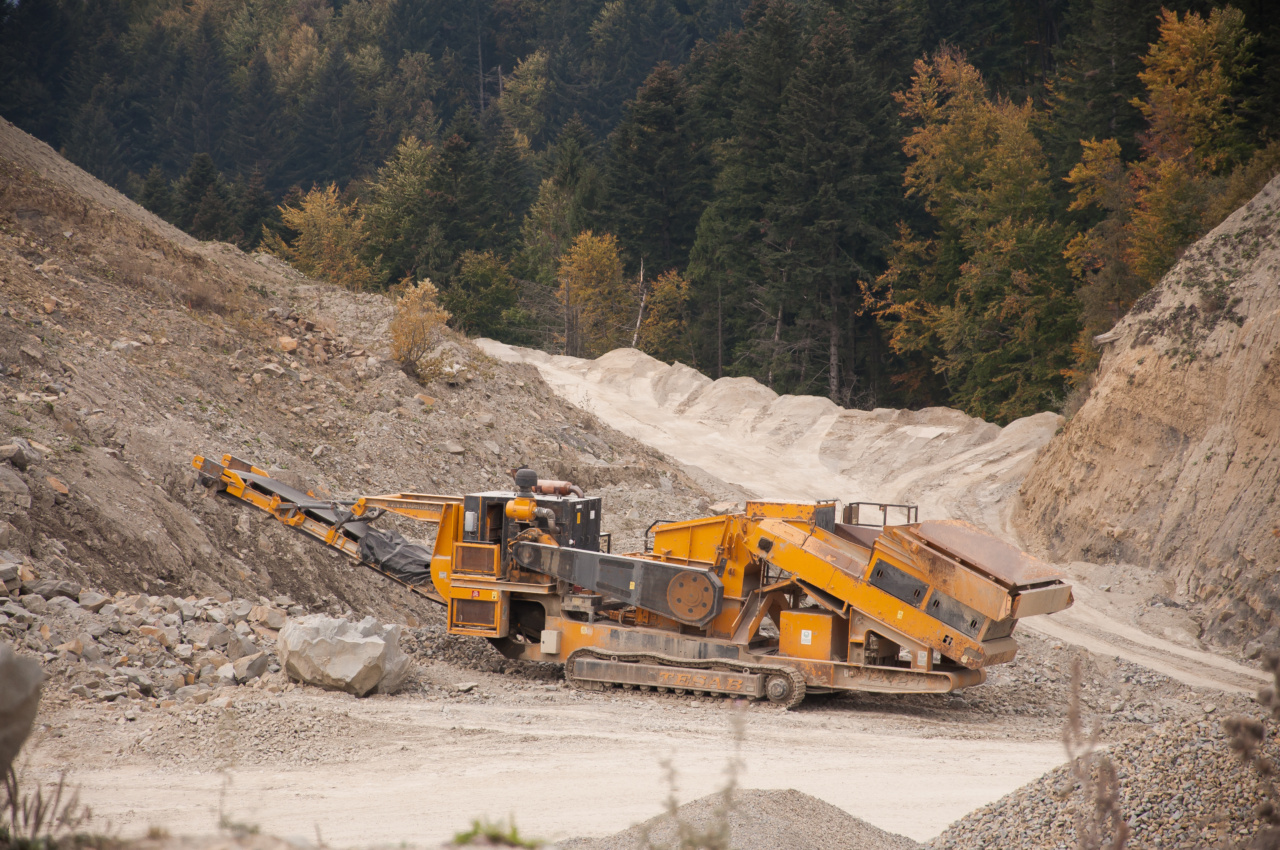Kidney stones are solid deposits that form in the kidneys. They are made up of various substances that can precipitate out of urine, such as calcium, oxalate, and uric acid.
These stones can range in size from a grain of sand to a golf ball and can cause severe pain when they pass through the urinary tract.
Who is at Risk?
Anyone can develop kidney stones, but certain factors can increase the likelihood of stone formation. These include:.
- A family history of kidney stones
- Dehydration
- A high-sodium diet
- Obesity
- Certain medical conditions, such as hyperparathyroidism
- Urinary tract infections
Symptoms of Kidney Stones
Kidney stones often cause intense pain, which is typically felt in the back or side, just below the ribs. Other common symptoms include:.
- Severe pain in the lower abdomen or groin
- Blood in the urine
- Frequent urination
- Cloudy or foul-smelling urine
- Urge to urinate more often
- Nausea and vomiting
Preventing Kidney Stone Recurrence
If you have experienced kidney stones in the past, you’ll want to take steps to reduce the chances of recurrence. Here are some strategies to consider:.
1. Stay Hydrated
One of the most effective ways to prevent kidney stone formation is to drink plenty of water. Staying hydrated helps dilute the urine, making it less likely that stones will form.
Aim to drink at least 8 cups (64 ounces) of water per day, and increase your fluid intake in hot weather or during physical activity.
2. Reduce Sodium Intake
Excessive sodium consumption can contribute to kidney stone formation. To reduce your sodium intake, limit processed and packaged foods, as they often contain high amounts of sodium.
Opt for fresh, whole foods and flavor your meals with herbs and spices instead of salt.
3. Eat a Balanced Diet
Avoiding extreme diets can help prevent kidney stones. Make sure to include a variety of fruits, vegetables, whole grains, and lean proteins in your diet. Focus on foods that are low in oxalate, such as cauliflower, cucumbers, and cabbage.
4. Limit Animal Protein
High intake of animal proteins, such as red meat and poultry, can increase the risk of kidney stone formation. Aim to consume moderate amounts of animal protein and balance it with plant-based proteins like legumes and nuts.
5. Control Oxalate Intake
Oxalate is a substance found in many foods that can bind with calcium and contribute to kidney stone formation.
While it’s not necessary to completely eliminate oxalate-containing foods, it may be helpful to limit your intake of foods high in oxalate, such as spinach, rhubarb, and chocolate.
6. Get Enough Calcium
Contrary to popular belief, adequate calcium intake may help prevent kidney stones. Calcium binds to oxalate in the intestines, preventing it from being absorbed into the bloodstream and reducing the formation of calcium oxalate stones.
Aim to consume recommended amounts of calcium through dairy products or calcium-rich alternatives.
7. Limit Vitamin C Supplements
Large doses of vitamin C can be converted into oxalate in the body, potentially increasing the risk of kidney stone formation. If you take a vitamin C supplement, consider reducing the dosage or speaking with your healthcare provider.
8. Maintain a Healthy Weight
Obesity is a risk factor for kidney stone formation. By maintaining a healthy weight through regular physical activity and a balanced diet, you can help reduce the risk of stone recurrence.
9. Avoid High-Fructose Corn Syrup
High-intake of high-fructose corn syrup has been linked to an increased risk of kidney stone formation. Try to minimize or avoid foods and beverages that contain this sweetener.
10. Seek Medical Advice
If you have a history of kidney stones or are at high risk, it is advisable to consult with a healthcare professional. They can evaluate your individual situation and provide personalized advice on preventing stone recurrence.
Conclusion
By following these preventive measures, you can significantly reduce the chances of kidney stone recurrence. Stay hydrated, eat a balanced diet, and maintain a healthy lifestyle to keep those painful stones at bay.































